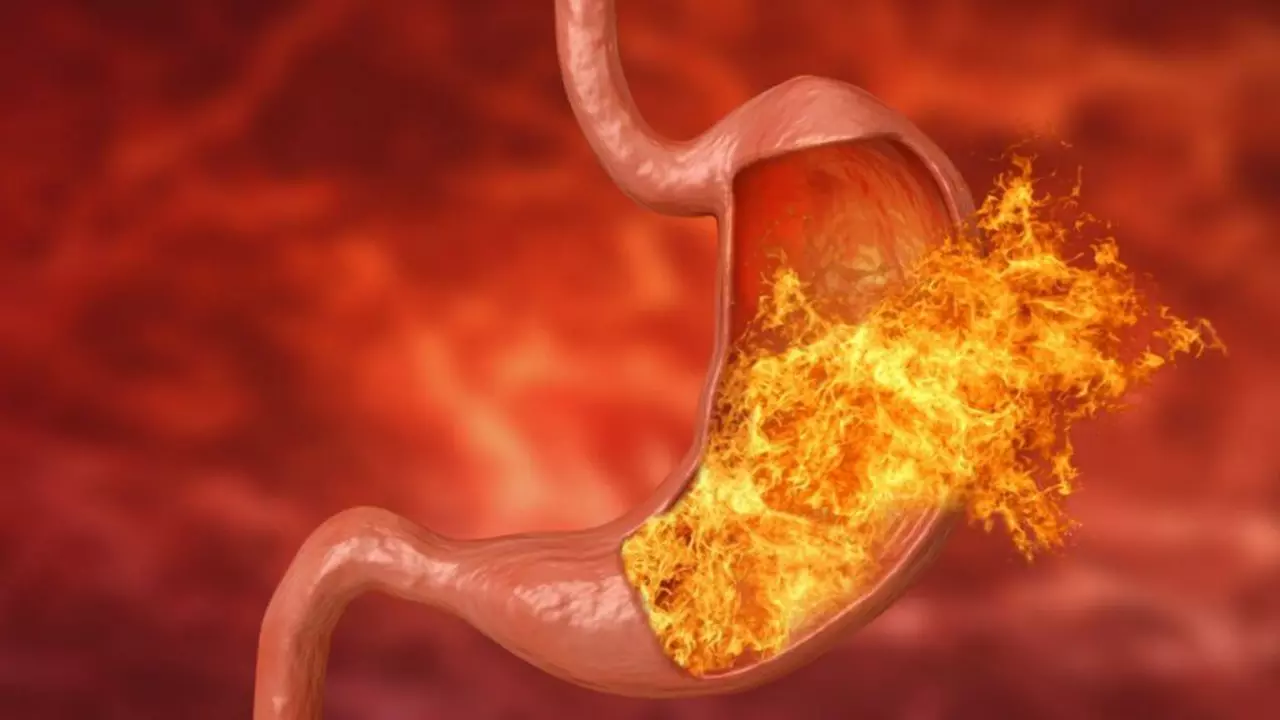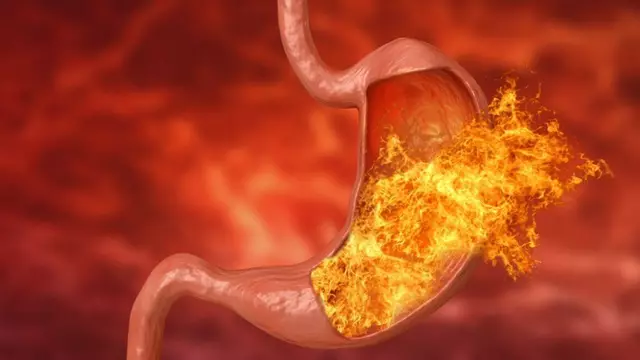Acid indigestion (heartburn): what it feels like and why it happens
Ever felt a burning in the chest after a meal? That’s acid indigestion — stomach acid irritating the esophagus. It’s usually short-lived and tied to food, drinks, or habits. Sometimes it’s occasional and easy to fix. Other times it’s a sign of gastroesophageal reflux disease (GERD) and needs more attention.
Quick fixes you can try now
Want relief fast? Try these practical steps: sip water or chew sugar-free gum to boost saliva and clear acid; take an antacid like calcium carbonate (Tums) for immediate neutralizing of acid; sit upright and avoid lying down for 2–3 hours after eating. Raising the head of your bed 6–8 inches helps if symptoms wake you at night.
Watch what you eat. Common triggers are spicy food, fatty meals, coffee, chocolate, citrus, tomato-based sauces, and alcohol. Cutting portions, eating slower, and not eating right before bed often makes a big difference. Smoking and tight clothing around the waist also worsen reflux, so changing those helps too.
For more persistent or frequent symptoms consider over-the-counter H2 blockers (famotidine/Pepcid) or short courses of proton pump inhibitors (omeprazole, esomeprazole). These reduce acid production and work longer than antacids. Always follow the label and ask a pharmacist about interactions—some medicines and conditions need extra care.
When acid indigestion is more than a nuisance
See a doctor if heartburn happens more than twice a week, won’t go away with OTC remedies, or gets worse over time. Go right away if you have trouble swallowing, unexplained weight loss, persistent nausea or vomiting, chest pain that spreads to the arm or jaw, or black/tarry stools. Those are red flags that need urgent evaluation.
Doctors may call frequent symptoms GERD and might suggest lifestyle changes, prescription meds, or tests like endoscopy to check the esophagus. If you’re pregnant, breastfeeding, or take several prescription drugs, check with your provider before using strong acid-reducing medicines.
Simple changes often help more than you expect: smaller meals, avoiding late-night snacks, stopping smoking, and watching trigger foods. If home steps and OTC options don’t cut it, talk to a doctor. Getting the right plan will ease symptoms and protect your throat and teeth from long-term damage.
Want more practical drug and safety info? HeyDoctor.com has clear guides on common remedies and alternatives so you can pick what fits your life.

- May 13, 2023
- Posted by Cillian Osterfield
The Connection Between Acid Indigestion and H. pylori Infection
As a blogger, I recently discovered the interesting connection between acid indigestion and H. pylori infection. Acid indigestion, commonly known as heartburn, can be caused by various factors, but one surprising cause is the H. pylori bacterium. This bacterium is known to cause stomach ulcers, and it turns out, it can also increase the production of stomach acid. This excess stomach acid can then lead to acid indigestion, causing discomfort and pain. It's essential to be aware of this connection, as treating H. pylori infection might just help alleviate those acid indigestion symptoms.
Categories
- Health and Wellness (73)
- Medications (72)
- Health and Medicine (28)
- Pharmacy Services (12)
- Mental Health (9)
- Health and Career (2)
- Medical Research (2)
- Business and Finance (2)
- Health Information (2)
Latest Posts
©2026 heydoctor.su. All rights reserved





